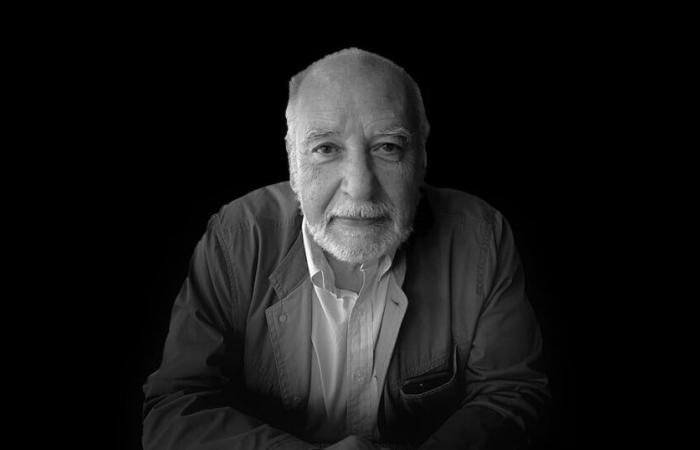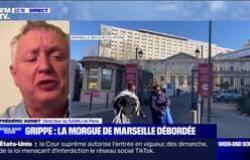1. As in Aznavour’s song, “I’m talking to you about a time that those under twenty cannot know…», a time when obtaining a passport was an obstacle course and, in some cases, a miracle.
I obtained my first passport in 1968 after nine months of waiting, procedures and interventions. I was already a state civil servant, a professor, so I had a salary and a rather respected professional situation. However, I suffered before getting this little green notebook. When I open it, I discover errors in the name and date of birth. I decide not to return it to correct these aberrations. I close it and put it in my pocket. And when I got home, so as not to have it stolen, I hid it in a place where no one could find it.
Our friend Gad Elmaleh made a sketch of it. He said that all Moroccans know precisely where their passport is, that some hide it at their parents’ house to be sure of finding it.
Precious, rare object, because at the time, it opened a lot of doors. You could travel to many countries without a visa. In France, the visa was introduced in 1986 by Jacques Chirac, then Prime Minister, after attacks in Paris and after terrorists robbed the Moroccan consulate in Beirut and took away blank passports. An era of suspicion and difficulties of all kinds began for the Moroccan traveler.
Today, things have changed a lot. The Moroccan administration can issue you a passport fairly quickly when the file is complete. No hassle, no postponed appointments. That leaves the visa. It depends on the countries and the relations that Morocco maintains with them.
At the moment, thanks to Franco-Moroccan reconciliation, visa appointments for the Schengen area have become more flexible and less restrictive. This is what I am told, even if Europe is imposing new rules for obtaining this visa.
We are pleased that the Moroccan passport is today one of the most respected in Africa and the Arab world. I knew you could go to Türkiye without a visa. I just learned that Brazil is one of those countries that welcomes us without this damn visa. So much the better.
The fact remains that the passport is a precious document and that it must be respected and above all not lost. We are all attached to it because we know that without it, we will be poor and limited in our ambitions. It is the sign of openness of a society. I learned that more than half of American citizens do not have a passport. No need. They never leave their state and apparently they don’t complain about it. The rest of the world doesn’t concern them.
2. Rumors are currently circulating about the possible cancellation of the sheep sacrifice during the next Eid Al-Adha, due to drought.
That would be a great decision. And this for several reasons. The most important is economic. That families go into debt or sell goods to buy a sheep whose price, because of speculation, has become more and more exorbitant every year.
“For various reasons, a year without sheep would be a good thing for everyone except the speculative merchants.”
-
This will not stop these families from buying meat from the butcher at a reasonable price and celebrating. It will also be an opportunity for certain wealthy families to distribute zakat in the form of aid to the needy.
The other reason is environmental. The pollution of all these animals slaughtered in town and in the countryside, with skins which sometimes rot in the sun, is assured.
Finally, a logical reason: the late Hassan II had the wisdom to prohibit, twice, the sacrifice of sheep for reasons linked to drought, the consequences of which had been serious and had, among other things, increased the rural exodus towards the cities. This massive arrival of peasants in the cities caused unforeseen problems of adaptation and cohabitation.
Personally, I can only encourage the government to make this wise decision, which will however have to be explained to the Moroccan people.
On a religious level, it is a custom to remember the sacrifice of Abraham, who was going to immolate his son. God substituted a lamb for him. During the pilgrimage to Mecca, due to the heat, pilgrims refrain from slaughtering a sheep in public and replace it with zakat. But the religious aspect of this festival has long since disappeared, giving way to an opportunity to eat sheep meat in a ritual that lasts a good week. What we now know is that this meat is particularly fatty, and raises the level of bad cholesterol, LDL (low density lipoprotein). Which can cause cerebrovascular accidents (CVA).
For all these reasons, a year without sheep would be a good thing for everyone, except for the speculative merchants.
3. Editions Gallimard have just published previously unpublished texts by Albert Camus, under the title: “Actuelles IV, Facing the tragedy of history”.
While reading it, I noticed a sentence that I share with you: “This is not to appeal to the worn-out pathos of the eternal feminine, but to recognize that intellectual activity is not the most meaningful human reality and that woman is there to remind man, who willingly professes, that the source of his being and that his true destination is elsewhere: in fraternity, in tenderness and in testimony for the honor of the spirit».
This quote closes for me the heated debate around the Moudawana and the status of women, equal in human rights.




